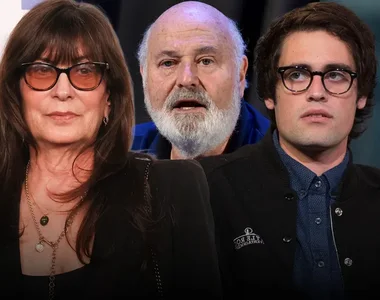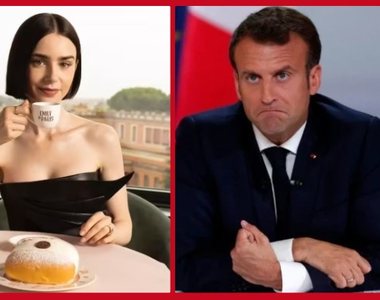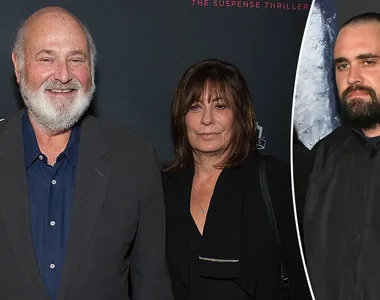
History has shown that the power of politics can influence the World Cup, the Olympic Games and competitions such as the European Song Festival, known as Eurovision.
Today evening (Saturday, May 13) will take place one of the most political Eurovision evenings in years. This year, the competition takes place in Liverpool, but it also indirectly focuses on the war in Ukraine, which is unlikely to end soon.
Although Ukrainian President Volodymyr Zelenskiy's request to give a speech during the final was turned down as organizers worried it risked politicizing the competition, this year's edition has quite a few politicized elements.

The final will open with a performance by last year's winners, the Kalush Orchestra group, who will sing the song "Stefania", which after the developments of the war turned into an anthem for the suffering of Ukrainian mothers.

In addition, Croatia is represented this year with the song "Mama SC" by the group Let 3. In the song, they make fun of dictators like Vladimir Putin. The "tractor" mentioned several times throughout the song is apparently a reference to Belarusian President Alexander Lukashenko, who helped Russia invade Ukraine, including donating a tractor to Putin for his 70th birthday. The group's performance also features rockets on stage. They call Putin a "psychopath crocodile".
Eurovision ka pretenduar gjithmonë të jetë apolitik, duke e bërë pjesëmarrjen e Kroacisë të pazakontë në konkursin e këtij viti. Performanca e Zvicrës përmban raketa dhe teskt të tillë: "Unë nuk dua të jem ushtar, ushtar. Nuk dua të luaj me gjakun e vërtetë.”
Ukraina synon të bëhet vendi i parë që nga Irlanda në vitin 1994 që fiton në dy vite radhazi. Këtë vit, shteti përfaqësohet nga Tvorchi, një grup i muzikës elektronike.

Dyshja, të cilët kaluan në tapetin e bruztë të Eurovision këtë javë me xhaketa ku shkruheshin emrat dhe peshat e foshnjave që kishin lindur para kohe për shkak të luftës, po mbledhin para për të blerë inkubatorë për të porsalindurit në Ukrainë.
Their song "Heart of Steel" conveys the message that no one should give up in the face of adversity. Because of the details, the song is clearly a symbol of Ukraine's resistance to Russian occupation. The song's lyrics were even inspired by the Ukrainian army that defended the Azovstal metallurgical (iron and steel) structure from Russian attacks in Mariupol.
However, anyone expecting Ukraine to win should take into account strong competition with names like Sweden, Finland, Israel and more. However, the chances are not 0 for Ukraine.





